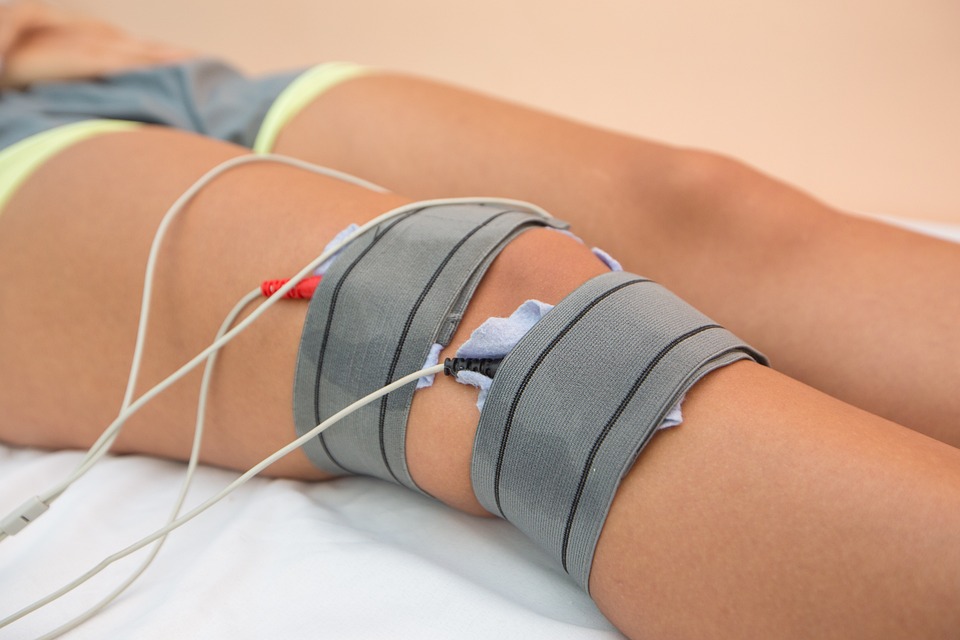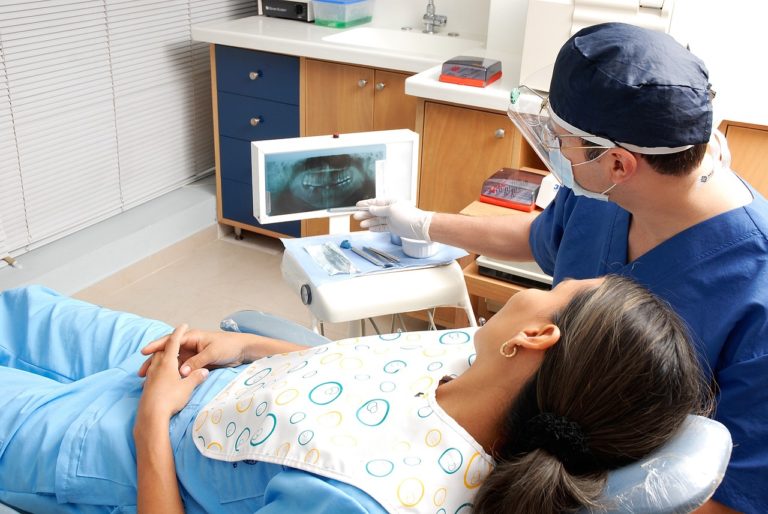Book Appointment Now

Faye Abdellah’s 21 Nursing Problems
Faye Abdellah’s 21 Nursing Problems is a patient-centered nursing theory that focuses on addressing specific nursing problems to improve care outcomes. This theory emphasizes individualized care, holistic treatment, and the integration of nursing, medical, and social sciences to meet the patient’s needs. Abdellah’s model has profoundly influenced modern nursing by shifting the focus from disease-centered care to patient-centered care.
Get a custom paper help about Faye Abdellah’s Typology of 21 Nursing Problems Theory
Get Custom Nursing Paper
Core Principles of Abdellah’s Theory / Faye G. Abdallah – Patient-Centered Approaches Theory
Problem-Centered Approach
Abdellah’s model organizes nursing care around 21 problems, categorized into three areas:
- Physical, Sociological, and Emotional Needs
- Interpersonal Relationships
- Common Elements of Patient Care
Holistic and Individualized Care
The theory promotes understanding each patient’s unique needs to deliver comprehensive and personalized care.
The Role of the Nurse
According to Abdellah, nurses act as problem solvers, identifying and addressing the 21 problems systematically.
Categories of Abdellah’s 21 Nursing Problems
| Category | Key Focus Areas |
|---|---|
| Physical, Sociological, and Emotional Needs | – Maintain good hygiene and physical comfort. |
| – Promote optimal activity and exercise. | |
| – Ensure safety and prevent harm. | |
| – Address emotional and spiritual needs. | |
| Interpersonal Relationships | – Foster effective communication with patients and families. |
| – Facilitate the patient’s interactions with their environment. | |
| Common Elements of Patient Care | – Identify and address learning needs to foster independence. |
| – Integrate health promotion and preventive care strategies. |
Applications of Abdellah’s Theory in Nursing
Holistic Patient Assessment
Abdellah’s model encourages nurses to evaluate all aspects of a patient’s condition—physical, emotional, social, and spiritual.
- Example: Assessing a patient’s pain levels alongside their psychological state and family support system.
Problem-Solving Framework
Nurses use the 21 nursing problems as a systematic guide to identify and address patient needs.
- Example: A patient recovering from surgery may require assistance with physical comfort (hygiene), safety (fall prevention), and emotional support (addressing anxiety).
Promoting Independence
The theory underscores empowering patients by teaching self-care and preventive practices.
- Example: Educating a diabetic patient on managing blood sugar levels through diet, exercise, and medication.
Benefits and Critiques
| Aspect | Details |
|---|---|
| Benefits | – Comprehensive framework covering physical, emotional, and social aspects of care. |
| – Encourages systematic problem-solving. | |
| – Adaptable to diverse healthcare settings. | |
| Critiques | – The 21 problems may overlap, leading to redundancy in care plans. |
| – Focus on problem-solving might limit creativity in complex cases. |
Example in Practice
Scenario: A patient hospitalized after a stroke requires assistance in multiple areas of care.
- Physical Needs: Ensure hygiene and prevent bedsores through regular turning and skin assessments.
- Interpersonal Needs: Communicate effectively with the patient’s family to develop a discharge plan.
- Learning Needs: Educate the patient on physical therapy exercises to regain mobility.
Faye Abdellah’s 21 Nursing Problems provides a structured framework for delivering patient-centered, holistic care. By addressing physical, emotional, and social needs systematically, nurses can improve care outcomes and promote patient well-being.
Call to Action: Leverage Abdellah’s 21 problems to enhance your nursing practice and deliver comprehensive care tailored to each patient’s unique needs.







